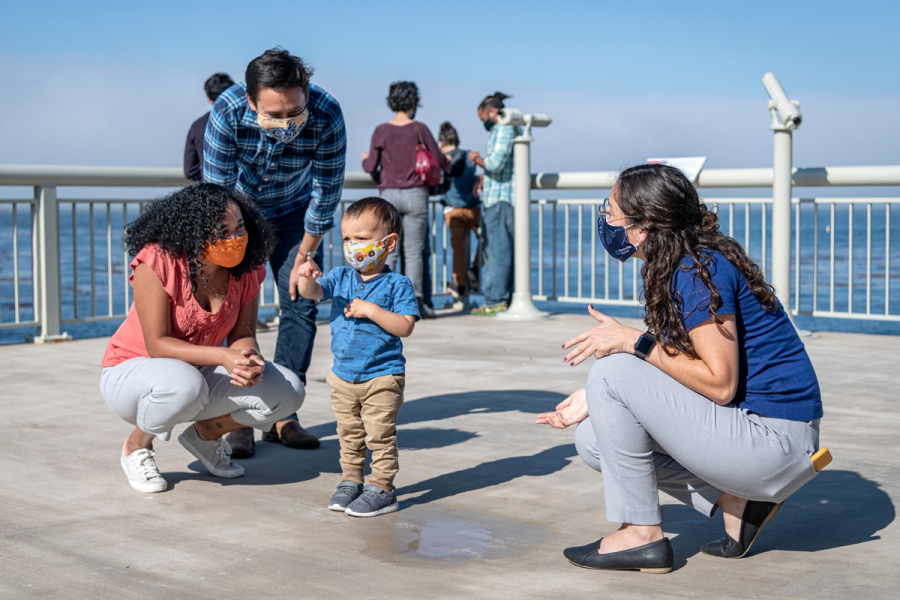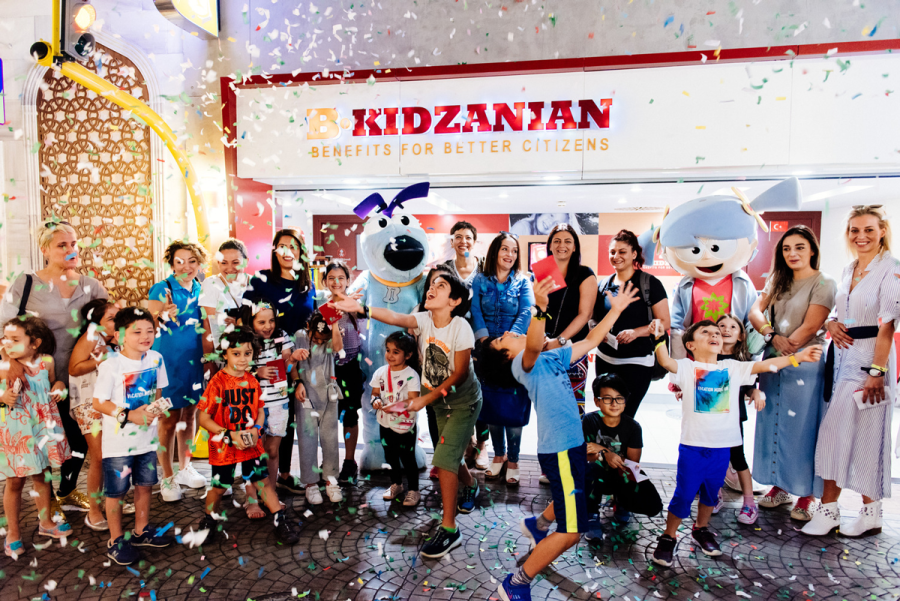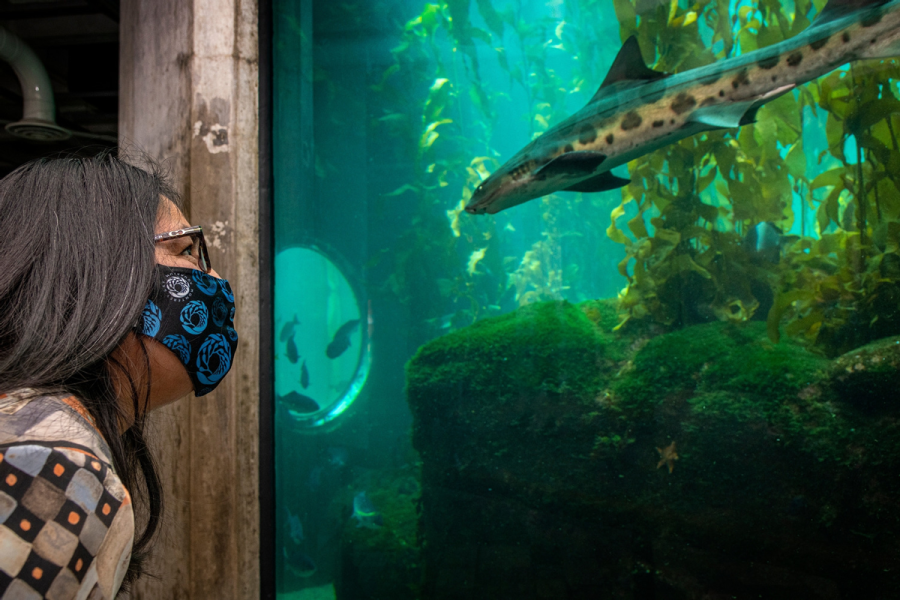Adapting Loyalty Programs for the COVID-19 Era

Repeat visitation is always welcome—and a goal—of the global attractions industry.
“The frequent visitor can boost attendance and revenues,” says Dennis Speigel, founder and CEO of International Theme Park Services Inc. (ITPS).
Attraction operators have come to rely on the steady income that passholders and members provide. This revenue stream has supported facilities through the initial waves of the coronavirus, but guests’ continued loyalty in the COVID-19 world is uncertain.
Historically, consumers tend to cut back on spending in tough times. In previous recessions, season pass and annual pass offerings have surged as attractions wooed deal-hungry customers. Operators know that extra visits often result in an extra spend on food and beverage and merchandise.
Speigel believes “it will take several years to attract the season pass levels we were at in 2019.” He anticipates “enormous amounts of discounting, earlier in the seasons, deeper, and for longer periods. Parks need to persuade people to come back, priming the pump with discounts and incentives. Loyalty programs offer an opportunity to reach out to visitors,” he says.
Value-Conscious Consumers
“Successful loyalty strategies can take many forms,” says David Feldman, strategic loyalty expert and chair of the Loyalty Summit, a consortium of experts that analyzes strategic partnerships and presents data. Some brands have formal rewards programs. Some brands employ membership models or subscription programs, such as annual passes. Some focus on providing an exemplary customer experience. Others offer rewards for repeat visitation.
“The real currency of any loyalty program is its ability to drive changes in consumer behavior,” says Feldman. The extent of that behavioral change “is directly related to the value that members perceive the program offers.”
The risk is that passholders and members may not visit often enough to get that value back. By offering exclusive perks, attractions can give members who might be questioning the direct financial benefit an incentive to renew their passes.
But the coronavirus has disrupted everything. Many operators have extended their passes’ expiration dates and paused members’ payments. However, some disgruntled passholders have launched legal action after failing to get access or refunds during closures.
According to Feldman, COVID-19 has done two things: “Totally reset consumer behavior and made people reevaluate their personal and financial priorities. Brands cannot take previous customers for granted.”
The priority now is “to focus on recruitment, enrollment, and providing real, attractive value to consumers, regardless of the loyalty strategy that you are pursuing,” says Feldman. Attractions need to make guests feel like their investment is worthwhile.

Passport to Success
KidZania’s loyalty program, B-KidZanian, differs from many others in that it doesn’t work as an annual pass. “KidZania’s storytelling is based on the idea of a nation created by and for children. All children visiting KidZania can become part of our nation by becoming a CitiZen and obtaining the official paZZport,” says Hernan Barbieri, global director of operations at KidZania.
“This personalized paZZport unlocks greater kidZo earnings potential (KidZania’s currency), grants access to special activities and tailored offers, and conveys a feeling of belonging that enriches the guest experience,” he says.
CitiZens advance through three levels (Naturalized, Distinguished, and Honorable) by completing activities and by earning stamps in their paZZport working in different professions.
“KidZania’s loyalty program is available in most of our facilities worldwide, which gives kids the opportunity to enjoy the same benefits, no matter the park they visit,” says Barbieri. “However, our program doesn’t provide unlimited access to KidZania. Thus, current capacity restraints don’t affect the experience of B-KidZanian members,” he says. The B-KidZanian program has 1.5 million children enrolled in 22 facilities found worldwide.
B-KidZanian helps KidZania build repeat visits at a global scale. It “generates insights that grow the business, builds direct relationships, and drives revenue,” says Barbieri. It also facilitates cross-selling opportunities, from birthday parties to summer camps. During the pandemic, the program provided “a great communication channel to stay close to our customers,” he says.
“We are currently evaluating new ways to expand and evolve our loyalty program—by including more rewards targeted at CitiZens’ parents, for example,” says Barbieri.
Meaningful Benefits
“Memberships and donations have been a significant source of revenue during our closure,” says Ambry Capistrano, director of membership at Monterey Bay Aquarium in Monterey, California.
The nonprofit aquarium has, on average, 65,000-70,000 member households. Membership revenues support aquarium operations. “Our membership program is a vital component of our annual fund and planned giving programs. Members also provide key support for ocean policy initiatives,” says Capistrano.
Members’ benefits include free daily admission, discounts on merchandise, previews of new exhibitions, exclusive events, a subscription to a member magazine, and a monthly e-newsletter. Additional benefits are available at the Donor Circle level of membership.
“Since closing in March, member events have transitioned online with the launch of our new Aquarium Live virtual event series. It has become very popular, with over 1,000 members attending each one,” says Capistrano. The aquarium included two additional months as an incentive in its member acquisition and renewal campaigns, allowing members extra time to visit when the aquarium reopens. It also launched an online store to drive revenue.
Capistrano advises other operators who want to create effective loyalty programs to “focus on philanthropy and mission support, rather than transactional benefits.”

Adapting to Circumstances
Six Flags rolled out its loyalty program at the end of 2018. Members earn points for riding rides, seeing shows, and spending money in the park. “The program has been very popular,” says Mark Kupferman, senior vice president of consumer and guest experience at Six Flags. “Most guests love it; they say it is easy to use and that it adds an additional layer of fun. They like that they can earn points and prizes just for doing things in the park they already enjoy. Participants also appreciate that they can choose their rewards from an online catalog that includes admission products, food, merchandise, and unique experiences.”
When the coronavirus started to spread and impacted operations, Six Flags stayed flexible, making adjustments to the program.
“We’ve extended 2020 season passes until the end of 2021, and we’ve given our members bonus months, extra benefits, and free upgrades. These gestures have been very well received,” says Kupferman. He believes Six Flags’ loyalty program is “a great way to give something back to our most valued customers.”
However, Kupferman says it’s important for operators to never forget the basics.
“The best way to engender guest loyalty is to focus on incredible experiences, great value, and excellent service,” he tells Funworld.
Bianca Sammut, general manager of Ferrari World Abu Dhabi and acting head of Yas Theme Parks in the United Arab Emirates, says, “Our annual pass program is extremely valuable to our business. As a result of the pandemic, guests have opted for local tourism in the absence of international travel. This has made our annual passes the go-to choice for loyal guests that continuously visit the theme parks.”
The theme parks on Yas Island “consistently strive to deliver a special experience at each visit, which encourages guests to keep coming back,” says Sammut. “This helps make our pass offerings more popular, especially among families seeking both added value and memorable experiences,” says Sammut.
She believes facility operators need to understand guest needs, preferences, and market variables are central when developing successful loyalty programs.
Properly implemented and marketed, loyalty programs can inspire brand loyalty, encourage repeat visits, and provide reliable revenue growth, even in uncertain times.
Funworld Contributing Editor Juliana Gilling covers the attractions industry in the Europe, Middle East, and Africa region. Contact her at [email protected].
